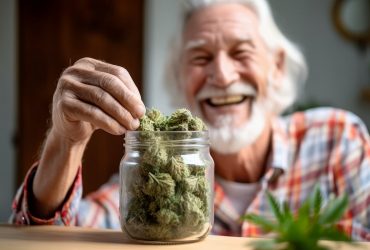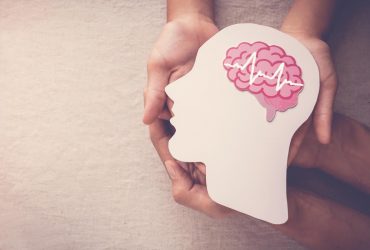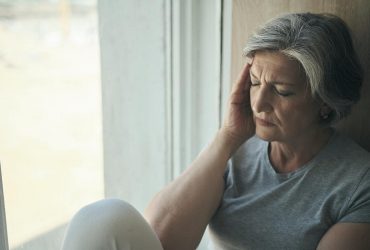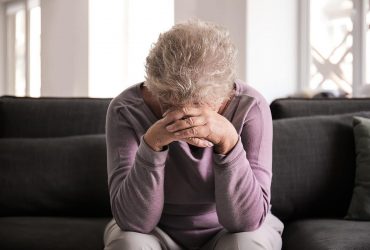However, for older and vulnerable adults, evidence is insufficient to assess balance of benefits and harms of screening for caregiver abuse, neglect
Increased mortality seen in association with longer nap duration, greater intraindividual variability, more naps from 11 a.m. to 1 p.m., 1 to 3 p.m.
Notable shifts seen among those with higher income and certain clinical conditions
Depression present in late life and midlife linked to significantly increased risk for all-cause dementia
After adjustment for demographic and health variables, hazard ratio was 1.94 for individuals with epilepsy and sleep deprivation
Reduction in social network size smaller with hearing intervention versus health education control
MST remained significant risk factor for any suicide attempt among people with and without posttraumatic stress disorder
Regardless of levels of autistic traits, cognitive ability is maintained
Authors say these factors can inform steps individuals can take to lower their risks for age-related brain diseases
Preoperative macular thickness may be noninvasive marker for vulnerability to developing postoperative delirium











